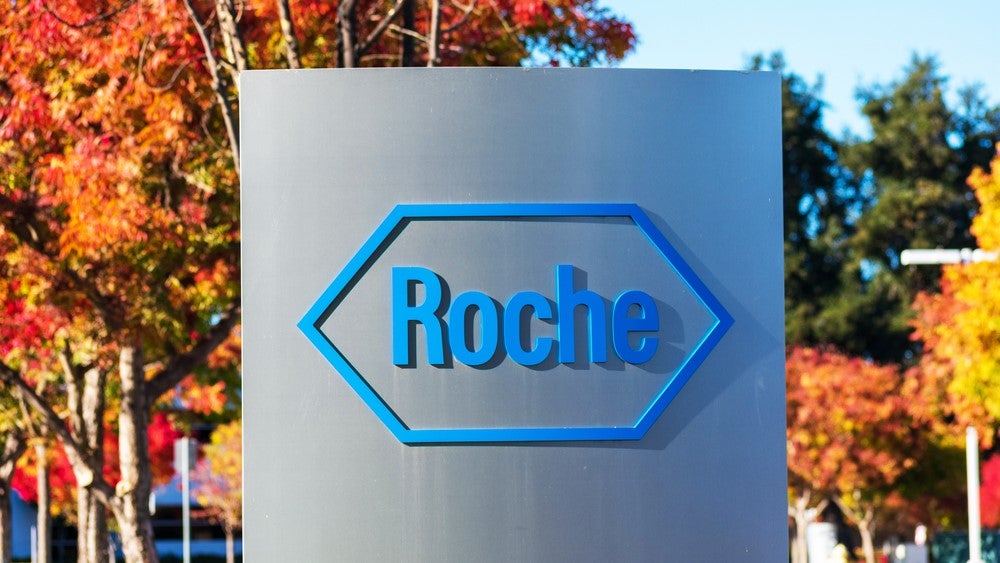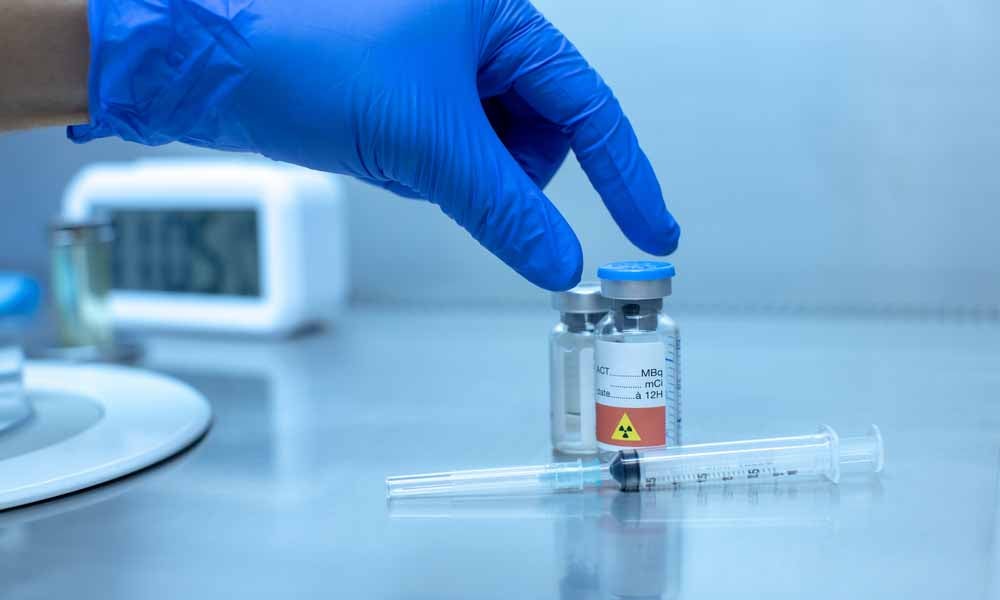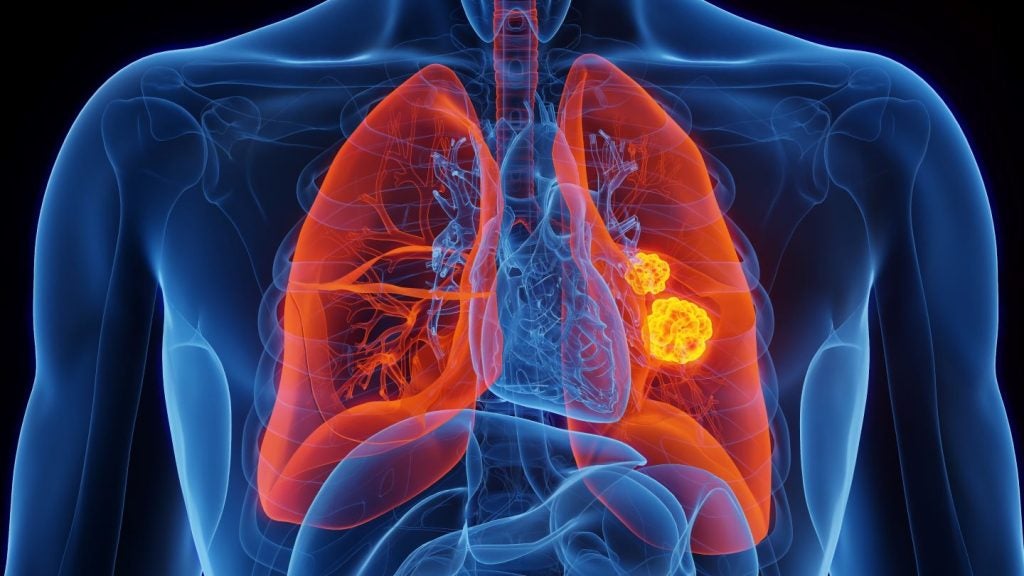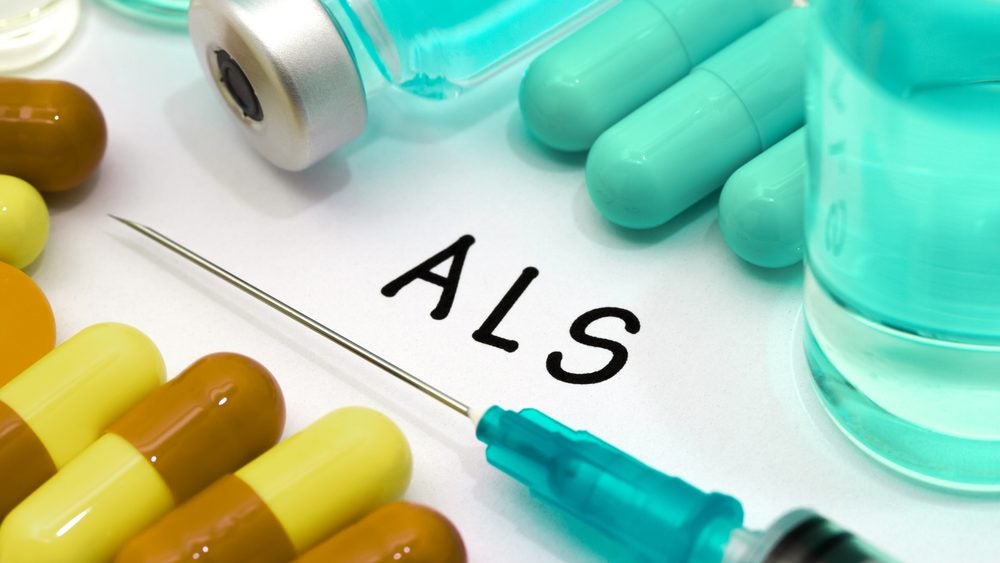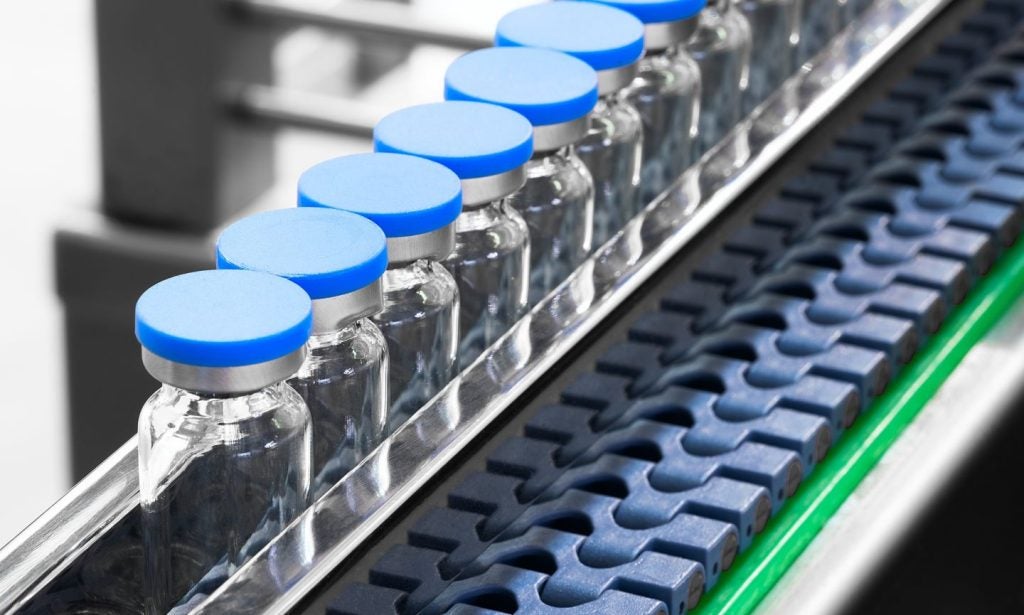Roche is looking to share in the windfall from the sales in obesity therapies as it announces positive results from the Phase Ib trial of its investigational obesity and type 2 diabetes (T2D) therapy.
CT-388 is a once-weekly subcutaneous dual glucagon-like peptide 1 (GLP-1) and gastric inhibitory polypeptide (GIP) receptor agonist. It selectively targets two incretin receptors that control food intake, energy absorption and assimilation. The therapy has a similar mechanism of action as Eli Lilly’s Mounjaro (tirzepatide), which generated $1.81bn in sales in Q1 this year, according to Lilly’s financials.
Following today’s news, the Swiss company’s share was up by over 3.5% in trading today on the Swiss stock market. Roche’s market cap is SFr190.6bn ($210.8bn).
The placebo-controlled Phase Ib trial (NCT04838405) enrolled approximately 96 overweight or obese participants with or without T2D. The participants in the CT-388 group achieved a mean placebo-adjusted weight loss of 18.8% at 24 weeks.
All the participants in the treatment group observed a weight loss of over 5%, with 45% of the participants losing more than 20% of their baseline weight. The treatment group participants who were pre-diabetic at baseline achieved a normoglycemic status at 24 weeks.
Commonly observed side effects included mild to moderate gastrointestinal-related adverse events, which are common with other incretin therapies. Roche plans to disclose data from the cohort of patients with obesity and T2D in H2 this year.
The GLP-1 obesity therapies have been dubbed “wonder drugs” and have generated billions in sales. GlobalData estimates that GLP-1 receptor agonist sales for the T2D and obesity markets will reach more than $125bn in 2033.
GlobalData is the parent company of Pharmaceutical Technology.
Multiple companies have invested in developing and boosting their obesity pipelines. In November 2023, AstraZeneca signed a licensing agreement worth up to $2bn with Eccogene to develop and commercialise ECC5004, a small molecule GLP-1 agonist. The therapy is being evaluated in Phase I clinical trials as a treatment for obesity, T2D, and other comorbidities.
Last week, Novo Nordisk entered a research partnership with Flagship Pioneering and Metaphore Biotechnologies to jointly develop up to two next-generation therapeutics for managing obesity. Novo will bear responsibility for clinical trials while the other two companies will head foundational and preclinical activities.


